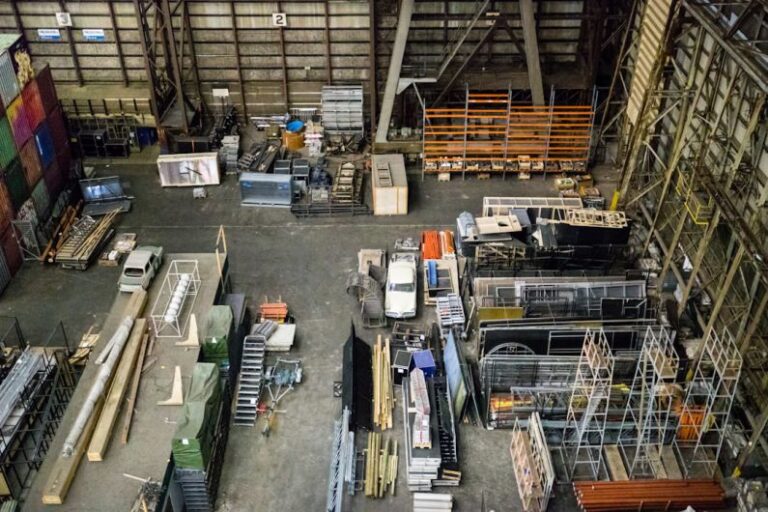How Iot Is Transforming the Logistics Industry
The logistics industry is undergoing a significant transformation with the integration of Internet of Things (IoT) technology. IoT, defined as the network of physical objects embedded with sensors, software, and connectivity that enables them to collect and exchange data, is revolutionizing the way logistics companies operate. From enhancing supply chain visibility to optimizing warehouse management, IoT is playing a crucial role in streamlining processes and increasing efficiency across the industry.
**Enhanced Supply Chain Visibility**
One of the key benefits of IoT in the logistics industry is the ability to provide real-time visibility into the supply chain. By equipping shipments with IoT devices, companies can track the location, condition, and status of goods throughout the entire transportation process. This level of visibility not only helps in preventing delays and disruptions but also enables companies to make informed decisions to optimize routes and delivery schedules.
**Optimized Fleet Management**
IoT technology is also revolutionizing fleet management within the logistics industry. By installing sensors in vehicles, companies can monitor factors such as fuel consumption, engine performance, and driver behavior in real-time. This data allows companies to implement predictive maintenance strategies, improve fuel efficiency, and ensure driver safety. By leveraging IoT solutions, logistics companies can reduce operational costs and enhance the overall performance of their fleet.
**Efficient Warehouse Operations**
In addition to supply chain visibility and fleet management, IoT is transforming warehouse operations in the logistics industry. By utilizing IoT sensors and devices, companies can automate inventory management, track stock levels, and optimize storage space. This automation not only reduces human errors but also increases the speed and accuracy of order fulfillment. Furthermore, IoT technology enables warehouse managers to monitor environmental conditions such as temperature and humidity, ensuring the quality and safety of stored goods.
**Predictive Analytics for Better Decision-Making**
Another significant impact of IoT on the logistics industry is the ability to leverage predictive analytics for better decision-making. By collecting and analyzing data from IoT devices, companies can gain valuable insights into trends, patterns, and potential risks within their operations. This predictive capability allows companies to forecast demand, identify bottlenecks, and proactively address issues before they escalate. By making data-driven decisions, logistics companies can improve efficiency, reduce costs, and enhance customer satisfaction.
**Improved Customer Experience**
Lastly, IoT technology is enhancing the customer experience within the logistics industry. By providing customers with real-time tracking information and delivery notifications, companies can increase transparency and build trust with their clients. IoT-enabled devices such as smart locks and connected packaging also enable secure and convenient delivery options for customers. By prioritizing customer satisfaction through IoT innovations, logistics companies can differentiate themselves in a competitive market and build long-lasting relationships with their clients.
**In Summary**
The integration of IoT technology is revolutionizing the logistics industry by enhancing supply chain visibility, optimizing fleet management, streamlining warehouse operations, enabling predictive analytics, and improving the overall customer experience. As companies continue to adopt IoT solutions, they will benefit from increased efficiency, reduced costs, and enhanced competitiveness in the rapidly evolving logistics landscape. Embracing the transformative power of IoT is essential for logistics companies looking to stay ahead of the curve and meet the growing demands of the digital age.






